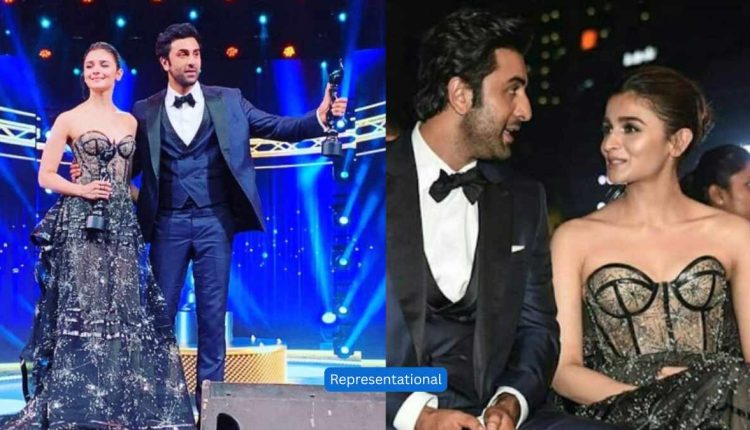Awards, PR & politics: How Bollywood’s trophy race is rigged
The glitzy façade and the questions beneath
Bollywood’s annual awards season is a spectacle of glamour, red carpets, and emotional acceptance speeches. Yet, behind the dazzling lights and designer gowns, a growing chorus of actors, industry insiders, and audiences are raising tough questions about the integrity of these trophies. The charge is simple but explosive: the race for Bollywood’s most coveted awards is rigged, with PR muscle, political connections, and business interests often overshadowing genuine artistic merit.
High-profile snubs and controversial wins
Year after year, the results at major award shows like Filmfare and IIFA spark heated debates. When Ranbir Kapoor clinched Best Actor for ‘Animal’ over Shah Rukh Khan, and Alia Bhatt took home Best Actress for ‘Rocky Aur Rani Kii Prem Kahaani’, many fans and critics were left stunned. Performances by Rani Mukerji in ‘Mrs Chatterjee vs Norway’ and Shefali Shah in ‘Three of Us’ were widely regarded as superior, yet overlooked. This isn’t an isolated incident; the trend of so-called “undeserving” winners has persisted for years, fuelling suspicions that the process is less about excellence and more about influence.
Industry legends call out the system
It’s not just fans who are disillusioned. Bollywood stalwarts like Amitabh Bachchan and Abhay Deol have openly questioned the credibility of the awards circuit. Bachchan has publicly lamented how legendary performances – including those by his own family and by icons like Dilip Kumar – have been snubbed, suggesting that the nomination process itself is deeply flawed. Abhay Deol, never one to mince words, has also highlighted the “circus” behind the scenes, where lobbying and favouritism often trump talent.
The role of PR and cheque books
Whispers of “cheque book wins” are now common in industry circles. It’s an open secret that powerful production houses and influential PR agencies can sway outcomes. There are persistent allegations that some trophies are “bought”, with organisers rewarding those who can guarantee higher TRPs, sponsorships, or future collaborations. When ‘Gully Boy’ swept the awards or when Ranveer Singh’s win for ‘83’ raised eyebrows, many insiders pointed to the invisible hand of PR strategists and business moguls.
The politics of popularity and voting
The controversy isn’t limited to jury decisions. Even public voting categories, meant to reflect audience choice, are mired in allegations of manipulation. At the 2025 IIFA Awards, Nitanshi Goel’s win for ‘Laapataa Ladies’ triggered a storm, with Katrina Kaif’s supporters alleging the voting was fixed. Fans questioned how their collective votes could be so easily disregarded, demanding greater transparency from organisers. This isn’t the first time such accusations have surfaced, and it likely won’t be the last.
Boycotts and industry backlash
The perceived lack of fairness has led some stars to boycott mainstream awards altogether. Aamir Khan and Amitabh Bachchan have famously stayed away from the circuit, refusing to lend their star power to what they see as compromised events. Their absence speaks volumes, signalling to the industry and audiences alike that all is not well behind the curtain.
The business of awards
Awards nights are big business. They drive television ratings, attract major sponsors, and offer a platform for brands to reach millions. This commercial dimension means organisers are under pressure to deliver not just entertainment but also marketable winners. The temptation to reward those who can bring in the most eyeballs – rather than those who deliver the best performances – is ever-present.
The call for transparency
As the chorus of criticism grows, there’s a mounting demand for transparency and accountability. Audiences and industry veterans want clear criteria, independent juries, and open voting processes. Until then, the suspicion that Bollywood’s trophy race is rigged will continue to cast a long shadow over the industry’s most glamorous nights.
In Bollywood, winning an award is often less about artistic achievement and more about who you know, who you can pay, and how well you play the game. The trophies may shine, but the process behind them remains murky – and the audience is no longer fooled by the glitter.

